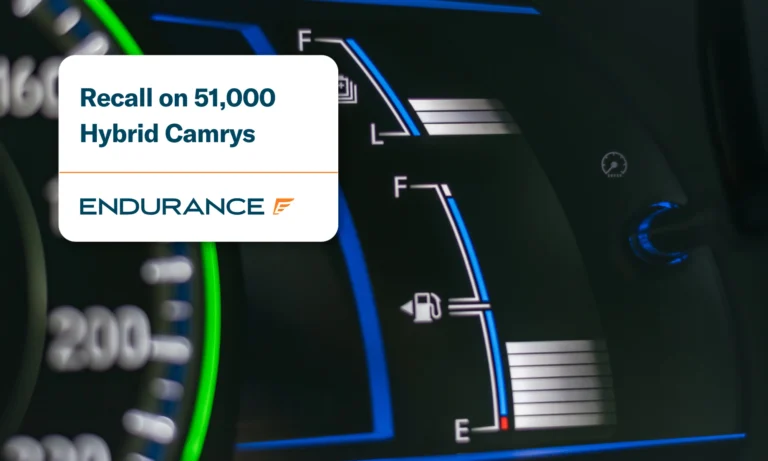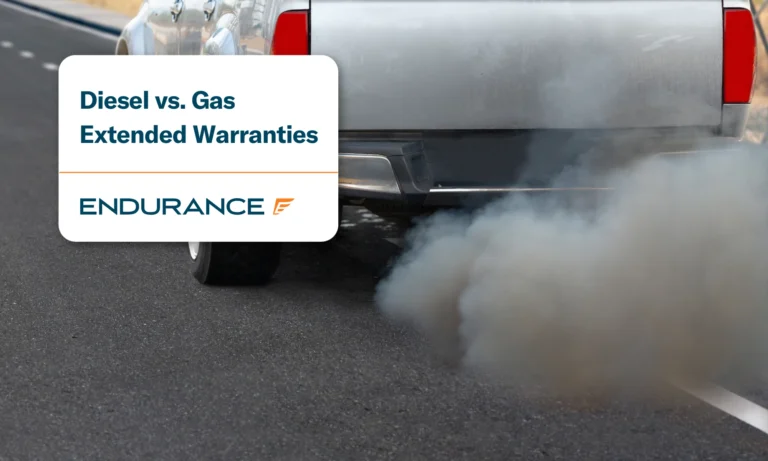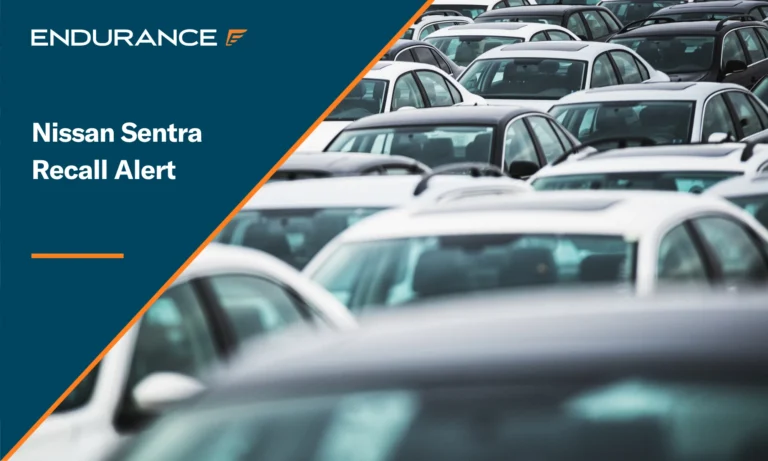Understanding Recent Changes to U.S. Fuel Economy Regulations

In 2025, fuel economy regulations are at the center of national debate, especially with new federal rollbacks softening prior emissions targets. Americans have begun bracing for shifts that affect everything from the cars on the road to the amount paid at the pump. So, regardless of whether you’re a daily commuter, auto enthusiast, or just trying to save on long-term vehicle costs, understanding the changes in fuel regulations is crucial.
What Are Fuel Economy Regulations and Why Do They Change?
Fuel economy regulations are government-set standards that are designed to reduce the amount of fuel that vehicles consume per mile they are driven. Overseen by agencies like the National Highway Traffic Safety Administration (NHTSA) and the Environmental Protection Agency (EPA), these regulations aim to cut greenhouse gas emissions, reduce dependence on oil, and encourage the development of cleaner automotive technologies across vehicle model years.
These rules are constantly evolving in response to ever changing environmental goals, market trends, and political priorities. When administrations go through change as well, so too do their stances on fuel efficiency. In recent years, there have been both ambitious emissions targets and significant regulatory rollbacks, therefore reflecting a broader tension between environmental progress and economic flexibility.
Recent Policy Rollbacks and Executive Decisions
In early 2025, the federal government announced a series of stricter rollbacks on fuel economy and emission standards that were previously set to phase in throughout 2030 by the Biden administration. The current Trump administration has argued via press release that the revised standards will lower vehicle costs for consumers while also giving automakers greater flexibility in being able to respond to market demands. This is especially true as EV infrastructure and energy policy continues to lag behind in some regions less focused on the impacts of climate change through carbon dioxide emissions.
Critics have been warning, however, that loosening the standards could stall progress on climate goals and discourage innovation in fuel-saving technologies. With the emissions targets now less aggressive, automakers are no longer under as much pressure to push their hybrid and electric models to the forefront.
How These Changes Impact Automakers and Vehicle Production
For automakers around the country, fuel economy rollbacks mean more leeway in vehicle design and production. Many manufacturers may end up pivoting towards producing large, less fuel-efficient vehicles that traditionally have been more profitable. Some might even go so far as to scale back their investments in electric vehicles or delay the rollout of new vehicle hybrid lines. With that said, the global auto market still demands fuel-efficient and low-emission options, especially in regions with strict environmental laws. So, while the U.S. might ease up domestically, many automakers are likely to continue advancing green technologies to remain competitive abroad.
Implications for Consumers: Fuel Costs and Vehicle Choices
For consumers around the country and the world, the new adjustments to emission standards can bring both a mix of benefits and drawbacks. It’s true that short-term savings may be due to lower sticker prices on vehicles that no longer need to meet the formerly stringent efficiency and fuel economy standards. However, these immediate savings may be offset by higher long-term fuel costs, especially as gas prices fluctuate.
Additionally, with less regulatory pressure to innovate, some mpg saving or eco-friendly options may disappear from the market or come at a premium price point. Consumers may find themselves being forced to choose between affordability and sustainability more often than before, which can make for a troubling choice.
The Environmental and Market Impact of Looser Standards
Rolling back emissions standards will not only impact drivers, but it will also affect the nation’s broader climate strategy. The U.S. transportation sector is the largest contributor to greenhouse gas emissions, and any delay in improving fuel economy runs the risk of undermining long-term climate goals.
Market-wise, though, relaxed regulations may introduce uncertainty as investors and manufacturers betting on EVs and green technologies could lose momentum, while oil-dependent markets may see a short-term boost. However, as new standards in global trends continue to favor sustainability above all else, the U.S. could potentially fall behind if policies fail to keep pace.
Why Extended Warranties Matter More in 2025
With fuel economy rules in flux and vehicle technology continually evolving, extended auto warranties are more important than ever for adding an extra layer of financial security. After all, the last thing you need on top of expanded long-term vehicle ownership costs is even more stemming from breakdowns. There are a number of auto protection plans, also called extended warranties, offered through Endurance, and there are varying coverage options. The Secure Plus plan offers high-level stated coverage, for instance, whereas the Supreme plan is the most comprehensive available, being most similar to the manufacturer warranty on a new car.
In addition to these vehicle protection plans, Endurance customers also receive standard benefits featuring perks like 24/7 roadside assistance, rental car reimbursement, and access to certified mechanics across the country. As an added bonus, you can activate one year of Elite Benefits, providing collision discounts, up to four reimbursements for tires due to road hazards per year, and more.*
So, whether you’re opting for a conventional gas-powered vehicle or beginning to dip into the hybrid market, protection plans that account for mechanical variability, rising fuel costs, and longer vehicle lifespans can give you excellent peace of mind while on the road, especially amidst an ever-evolving automotive landscape.
Protecting your vehicle amidst rising prices
As the U.S. fuel economy regulations shift once again, it’s clear that these decisions will affect more than just manufacturers. They will shape consumer choices, impact environmental policy, and define how we move towards a cleaner and more efficient future. By staying informed on evolving changes and investing in long-term protection through an Endurance Warranty plan, you can help navigate the road ahead with confidence.
To learn more about how Endurance can help, give our plan advisors a call at (800) 253-8203 or request a FREE email quote. You can also shop our online store to see your plan recommendations and pricing now.













Alex has worked in the automotive service industry for over 20 years. After graduating from one of the country’s top technical schools, he worked as a technician achieving a Master Technician certification. He also has experience as a service advisor and service manager. Read more about Alex.